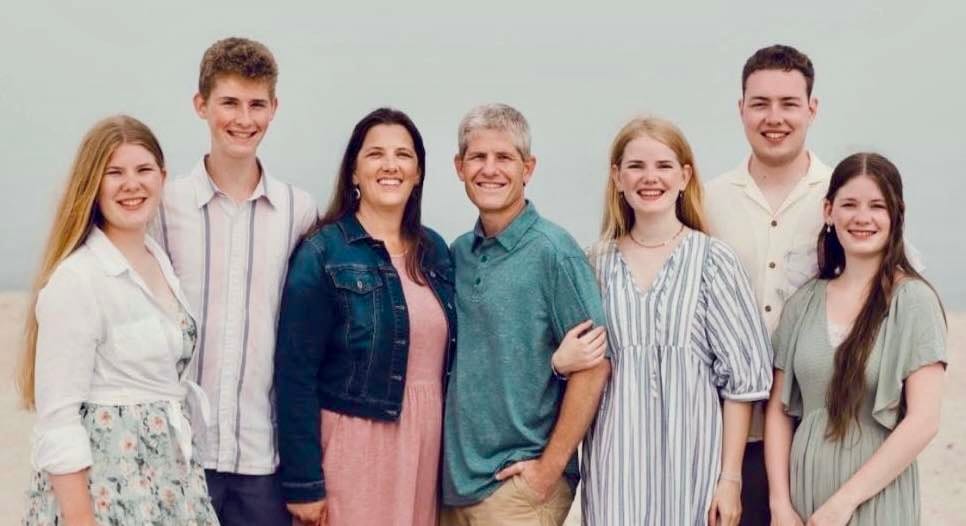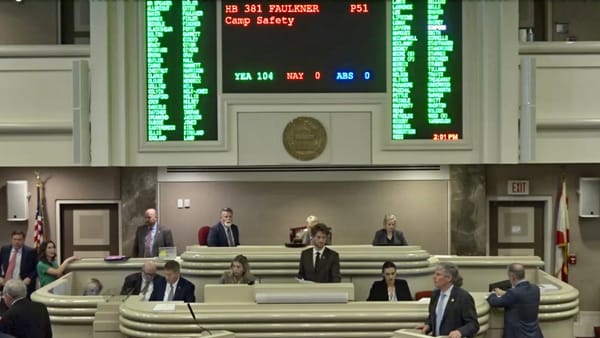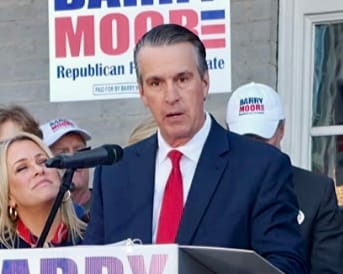U.S. Missionary Kidnapped in Niger as Christian Persecution Surges
Incident raises fresh questions about what the U.S. is doing to shield Christians in Niger and the region at large as casualties mount

An American missionary, believed to be Kevin Rideout, has been kidnapped in Niamey, Niger, reigniting concern over the safety of U.S. citizens and the rising tide of religious persecution in the Sahel. The abduction, as reported by The Alabama Baptist and multiple other outlets, exposes the limits of local security and poses a test for U.S. diplomacy under the Trump administration.
According to Reuters, Rideout—a missionary pilot with the evangelical organization SIM International (Serving in Mission)—was abducted late on October 21 in Niamey’s Plateau district while en route to the airport. Sources say three armed men seized him, and drove him toward the Tillabéri region on Niger’s western frontier, where Islamist militants linked to Islamic State and al-Qaeda are active. The U.S. State Department later confirmed it is aware of the report and is working with local authorities.
In a rare public statement, a U.S. official declared: “It is a top priority … to support the recovery and safe return of this U.S. citizen.” The Trump administration is applying pressure on multiple fronts: through the U.S. Embassy in Niamey, which has issued a comprehensive security alert, and through diplomatic channels liaising with Nigerien counterparts. The embassy warned that “American citizens remain at a heightened risk of kidnapping throughout Niger, including in the capital city.”
Internally, the embassy tightened movement protocols: all staff now require armored vehicles, curfews are in force, and attendance at restaurants or open markets has been banned for U.S. personnel and their families. These steps aim both to protect Americans already in Niger and to prevent further cross-border seizures of foreign nationals.
Although the U.S. has not publicly released further operational details (to avoid compromising negotiations or strategy), its posture suggests coordination with Niger’s security services and regional partners. The administration’s approach aligns with a broader principle that no American shall be left behind.
But this case raises a broader question: what is the U.S. doing to shield Christians in Niger and the Sahel at large? The public record shows a mixture of diplomatic signaling, reporting mechanisms, and advocacy—but few guarantees, and fewer apparent results.
The State Department’s 2023 Report on International Religious Freedom acknowledges that Niger’s constitution prohibits religious discrimination in principle, yet adds that extremist violence and weak state control have eroded protections in practice. Meanwhile, reports from the U.S. Commission on International Religious Freedom (USCIRF) and other observers highlight that Nigerian security vacuums and extremist groups are steadily encroaching on religious minorities.
In the U.S. Congress, voices such as Rep. Chris Smith (R-NJ) and endorsements of USCIRF’s findings continue to press the State Department to act more forcefully. Smith recently described USCIRF as “the linchpin of our government’s effort to promote international religious freedom” and urged that its designations carry real diplomatic weight. Meanwhile, USCIRF and advocates have repeatedly called for Nigeria—a separate but regionally important state—to be designated a “Country of Particular Concern” (CPC) under U.S. law for systemic anti-Christian violence. Though that applies to Nigeria, similar logic applies in Niger, where religious freedom is under relentless pressure.
To its credit, the U.S. maintains religious freedom as a recurring element in foreign policy. The International Religious Freedom Act mandates monitoring, reporting, and targeted responses (such as sanctions or visa restrictions) against violators. Agencies use the State Department’s annual reports and USCIRF’s recommendations as inputs into aid allocations, diplomacy, and strategic decisions. Yet critics note that without stronger follow-through, the designations become symbolic rather than protective.
In Niger, the threat to Christians is especially acute. Christian communities make up a tiny fraction of the population, often in rural or border areas where the state’s writ is weak. Militants affiliated with al-Sunnah wa Jama’ah (ASWJ) and other jihadist cells have launched attacks on churches, ordered closures, and demanded conversions. (These trends were documented in the background text you provided earlier.) The coup of July 2023 only worsened instability, emboldening militant actors to act more audaciously.
Rideout’s kidnapping carries both symbolic and material weight: symbolically, it underscores that no foreigner—even one operating near the capital—is immune; materially, it tests the administration’s willingness to deploy all levers—diplomatic, intelligence, military advisory, and financial—to protect faith-based actors and American citizens. As negotiations and rescue efforts unfold behind closed doors, the case will set a precedent for how the Trump administration responds when religion—specifically Christianity—security, and diplomacy collide in fragile states.
Given the generally underwhelming response thus far by this administration—to say nothing of the even more dismal efforts of the previous administrations to address the longstanding, ongoing persecution of Christians in the Sahel and surrounding regions (what some have called “genocide”)—ALPolitics.com can only wonder why this seems to be the case.




